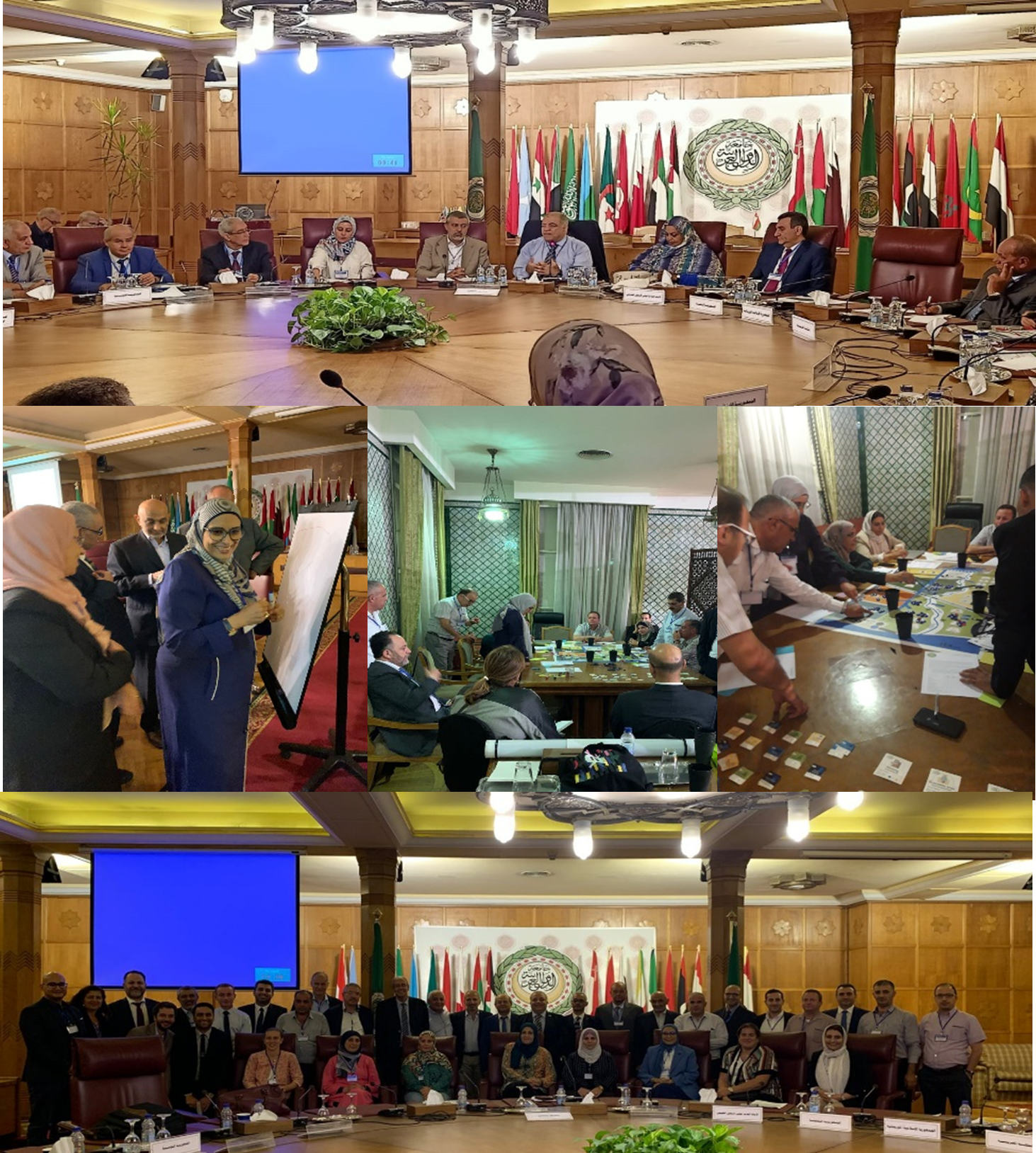ESCWA and the Food and Agriculture Organization of the United Nations, in collaboration with the High-Level Joint Water-Agriculture Technical Committee, the technical arm of the Joint Water-Agriculture Ministerial Council of the League of Arab States, are organizing a technical workshop to prepare pilot projects in Egypt, Jordan, the State of Palestine and Tunisia for the application of the Guidelines for Improved Water Allocation for Agriculture.
These four countries officially expressed their interest in piloting technical applications of the guidelines. The pilot projects represent a significant improvement in water allocation and are expected to be impactful within a short period of time and to provide experiences and lessons in the field.
The workshop brings together the four project country teams, comprising representatives of the ministries of water and agriculture. They are reviewing and discussing a detailed methodological approach for developing improved water allocation plans in the pilot areas, identifying challenges and constraints specific to each participating country, and exploring solutions for coordinating with relevant stakeholders prior to and during project implementation. Preliminary action plans are being developed for each selected area.
